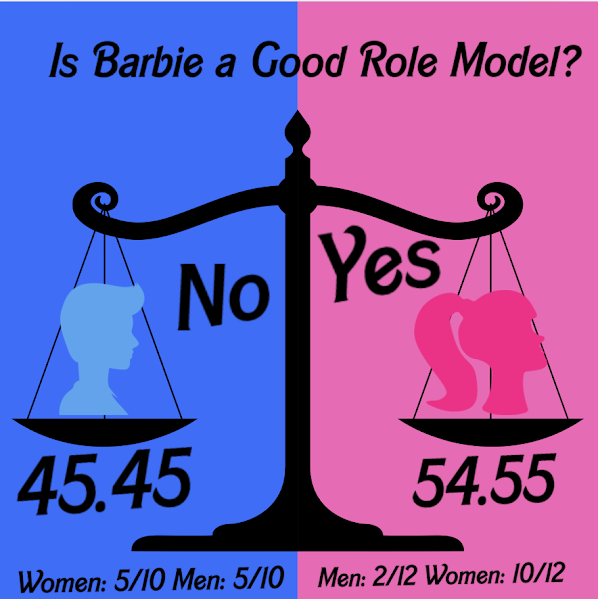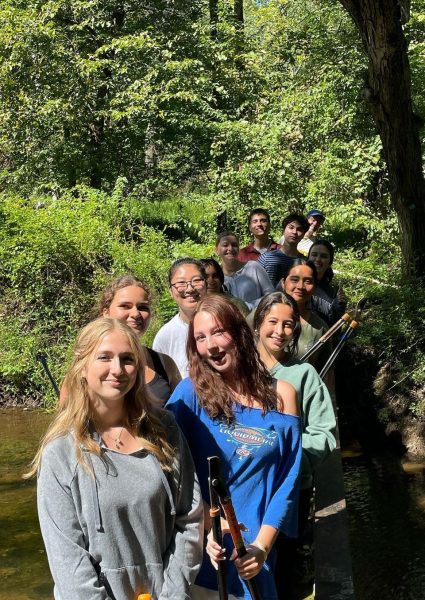Bee There for the Bees, or Pay the Fees
We swat at them and boy, do they get angry. Their buzzing is annoying. They give painful stings, too. The facts, however, sting more than the bee.
According to the Greenpeace website, eighty percent of the world’s pollination is done by honey bees, both wild and domesticated. Fruits, nuts, and vegetables are pollinated by bees and a single bee can pollinate about 300 million flowers every single day. But bee populations are on a fast decline, mostly due to bee-killing pesticides and habitat loss. The United States should not only ban these harmful chemicals, but should invest in ecological farming and protection of wildlife habitats.
Ecological or organic farming is farming that combats the annihilation of insects by abstaining from extensive monocrops and maintaining diversity within the ecosystem. Ecological farming not only ensures the lives of bees, but keeps humans safe and healthy. Many, if not all, crops today go through genetic modification. By practicing ecological farming, we can feel more sure of what we are putting into our bodies, and the bees will be able to pollinate what we later eat.
Protection of bee habitats involves the halting of deforestation. The blossoming of trees supplies bees with the most nectar as well as thousands of blossoms to feed upon. Trees are not strictly a food source for bees, but provide them with a home as well. Congress should pass a bill to decrease the drastic amount of deforestation taking place.
Pesticides are not solely used on farms, but in everyday gardens. It is important that people check what they are putting in their garden because bees don’t just only pollinate farms. If the use of pesticides were to decrease in people’s gardens, then the bees would be on a fast track to restoring their population.
According to Honeybee Conservancy, the blossoms bees have been feeding upon have been heavily consumed with substances known as pesticides that are used to destroy insects that may harm plants or crops. Many plants need pollination in order to reproduce. These pesticides, however, kill bees. The decline of bees due to pesticides will result in a decline in many plants, some of which we eat. A few states have taken action to tackle this issue. The state of New Jersey requires pesticide applicators to send notice to beekeepers 24 hours prior to application of a pesticides that pose danger to bees if there is a registered bee yard within three miles. It is not required, though, of beekeepers to register any bee yard locations. This policy alone is not enough because the pesticides are still being used which means they still are a threat.
No bees can ultimately result in a mass food shortage. We must take the proper action and terminate the use of harmful pesticides.





